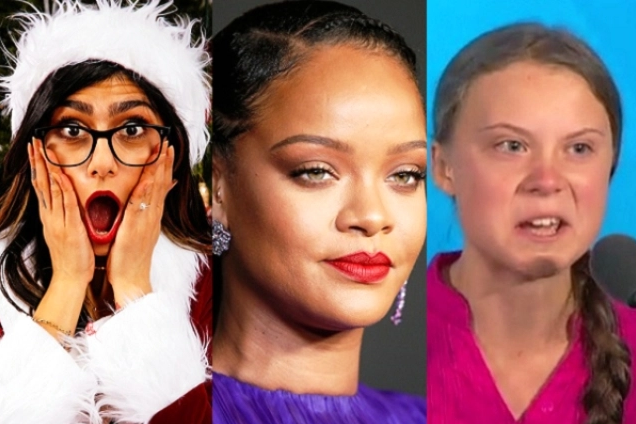An expression coined by former Prime Minister Indira Gandhi was ‘foreign hand’. Her successors – Rajiv Gandhi and Manmohan Singh – also used it aplenty. It was essentially a bogey resorted to whenever the former PMs found public criticism of their internal policies too hot to handle. It came handy for them to deflect public attention from the raging domestic issues of the day and hide their ineptitude behind it. The BJP leadership, from top to bottom, has been a very vocal opponent of the Congress and has constantly derided the myth of foreign intervention which, according to Indira Gandhi, required the promulgation of Emergency in the mid 1970s.
That was then and this is now.
Today, the world is greatly influenced by ‘new media’ in which different social media platforms are invading the inner consciousness of every individual account holder. While Tik Tok and Facebook can handle big corporates as well as uneducated or semi literate users, Twitter is known for its limitation on letters, which compels the user to make the thoughts concise. No doubt, some use it for abuse and other regressive purposes which results in labeling those users as trolls. Like Google, which has, in its usage, become a verb where people say ‘Google it’, Twitter is probably the only social media platform where you can ‘Tweet it’.
In such a backdrop comes the international support for the farmers’ agitation in India. One of the early tweets was by international pop star Rihanna followed by climate activist Greta Thunberg and many other celebrities, who supported the farmers’ movement. Rihanna started the deluge by asking in her tweet- ‘Why aren’t we talking about this?’ With #farmersprotest in reference to the farmers protest in India. Now it seems she has amply succeeded. The reason for her success in highlighting the issue at an international level should be closely analysed. One of the earliest responses to Rihanna’s tweet was by the Ministry of External Affairs. The Government of India used diplomatic but strong words to deride Rihanna. This was followed by a whole horde of trolls who used filthy language against her. It went as far as claiming that Rihanna was paid a hefty sum by a separatist Sikh for this tweet. Once the floodgates of criticism opened up, many others are following suit. Meanwhile, some Indian celebrities took to Twitter to bash their international counterparts. Sadly, an aged Lata speaking out against Rihanna could not find much resonance elsewhere. Maybe, people like Sachin Tendulkar and others should not have responded. That might have slowed the ignition process of the issue.
In other words, and especially after the events played out during the Arab Spring revolt and the role of social media, digitization can both be a bane or a boon. Handling such platforms and staying relevant globally has become a huge challenge to administrations across the world. More recently, the military coup in Burma or Myanmar and the widespread public protests across that country is a point to note. While the military has preferred to shut down the internet at various locations, the movement and public disenchantment has become known across the world due to social media. The recent US Presidential elections brought to the fore the importance of the role played by Twitter in moulding public opinion. While former President Trump had initially been spreading falsehood through Twitter, the platform started flagging the tweets enabling readers to take a considered view about each tweet. It was the first social media platform to do so against a sitting PoTUS.
The Indian government had asked Twitter, some days ago, to block about 200 tweets and accounts. Twitter, it seems, ignored this directive. Now again, the Indian government has asked Twitter to block 1,178 accounts, claiming they are from Pakistan. While Twitter is yet to respond to this latest order, its founder CEO Jack Dorsey has ‘liked’ a few tweets supporting the farmers protests in India. The Indian government has questioned the neutrality of Twitter on this issue. It may be noted that PM Modi is known to be followed by a massive number of Twitteratis from across the world. This goes to show that social media cannot be wished away now. The old style of ‘kadi ninda’ or strong condemnation being issued when things turn out unmanageable has become an action of the past. Using foul language and abusing others on Twitter also does not solve any problem. A government’s actions can be reviewed internationally because of the free flow of information available through social media currently. While banning the internet may seem like an answer, yet the criticism that follows can be very damaging. The best case study again happens to be Donald Trump. Trump constantly raging on Twitter proved detrimental for to own interest. It is best for political leaders to know about the pulse of their people rather than bother about social media. Whether one likes it or not, platforms like Twitter are truly global and geographically limited governments or the courts of law of a particular country cannot hold the reins of such massive social media giants. Focusing and solving domestic issues should be of prime importance for any government, India included.
